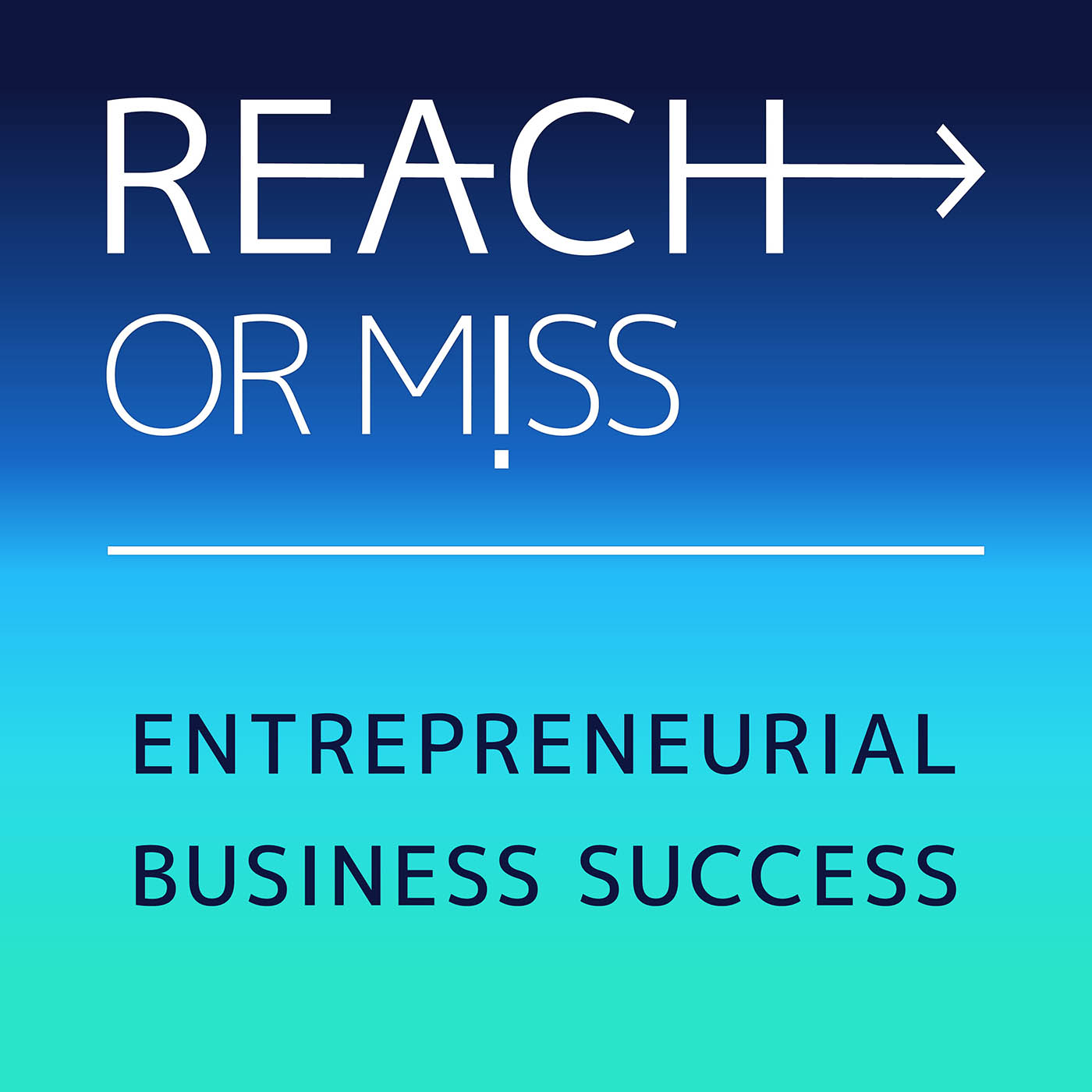Ep. 251 Nothing happens until you sell something

b'
Among all the challenges entrepreneurs are facing getting more clients is the challenge that is mentioned most.
\\nCustomers are the oxygen of any business. And yet, we often think about getting customers and sales as a given.
\\nSurprisingly, in most cases, focus on getting more customers to grow your business is much easier than most entrepreneurs think. But often, they prefer to focus on finding a cheaper manufacturer or making changes in the product, or replacing the team rather than increase their leads and customer base.
\\nWhy?
\\nProbably because customers\\u2019 marketing and sales are something most business owners are not certain of.
\\nThey are not aware of the speed and volume of growth they can get through focus on the right customers to generate more leads, and sales
\\nIn today\\u2019s episode, I chose to focus on the stories of three successful entrepreneurs who realized that focusing on the customer is the easiest and fastest way to win.
\\n\\n
| \\n | \\n Karl Maier: \\u201cThe customer is critical. One of my mentors said, many years ago, that nothing happens until you sell something. So, obviously, that starts with the customer.\\u201d \\n | \\n
Karl Maier has been part of the leadership team in six established companies which have at least doubled sales in two years. Leveraging his successes, Karl developed the Abunden Framework\\xa9 and led the development of the practical management tools in the Abunden Tools App. These online SaaS (Software as a Service) tools build the management structure for companies to grow and succeed.
\\n\\n
Karl\\u2019s best advice for entrepreneurs
\\n- \\n\\t
- The customer is critical. One of my mentors said, many years ago, that nothing happens until you sell something. So, obviously, that starts with the customer. \\n\\t
- I think the principal is to talk to a number of different potential customers and really understand what their problem is. Can you solve it in a way that they\'re willing to pay for? That\'s the most fundamental part of starting a business, in my mind. \\n\\t
- Then you have the option to be Hands-on all the pieces of the company, but that limits your growth, or are you willing to transform and delegate it to other people to grow the company? I think that\\u2019s a very fundamental choice, one that I would encourage people to reflect on and decide which way they really want to go. \\n
\\n
The biggest, most critical failure with customers
\\n- \\n\\t
- My first software startup was during the dot-com boom. Everybody said, \\u201cTechnology is going to solve all the problems.\\u201d I think I got sucked into that and I really didn\'t understand my customers. \\n\\t
- I was ignoring how the products were actually bought and sold. In the end, the company failed because of that. So that\'s a lesson. We remember failures better than our wins, I think. \\n
\\n
Biggest success with customers
\\n- \\n\\t
- We had a service company in the health safety industry. I was part of the C-suite management team. And we really did build a team. There was great communication and connection. People respected each other. They worked hard and were able to really understand what our customer\'s problem was. \\n\\t
- High-value people were getting malaria and getting sick. We were able to come in and cut their malaria rate in half the first year and then half again the second year. So we clearly were solving their problem. We were able to come in and solve a problem, do it effectively. \\n\\t
- We were able to grow the company. We grew it in four years by a factor of seven. \\n
\\n
\\n